
Several possible causes of MCI include depression, anxiety, vitamin deficiencies, infection, thyroid problems, and sleep disorders. Addressing these underlying health issues can prevent any further loss of memory and may reverse symptoms.
MCI can indicate early dementia, but studies show that only 10 to 20% of people with symptoms develop dementia.
There is no specific drug treatment, but lifestyle factors play a vital part in preventing or reducing MCI. These include a nutrient rich diet with plenty of fruit and vegetables, regular consumption of oily fish, and low saturated fats and refined sugar intake. Maintaining a healthy weight and taking regular exercise ensures blood flow to the brain.
A good night’s sleep is also vital in preventing or reducing MCI. The lymphatic system in the brain called glymphatic clears metabolic waste and prevents the build-up of aggregated proteins associate with dementia. This clearance process particularly occurs during the deep
stages of slow wave sleep (1).
Evidence is building for a role for herbal medicines in boosting memory and cognition and treating MCI (2).
A key herb is Ginkgo biloba which improves cognitive function by increasing brain microcirculation, reducing inflammation, boosting mitochondrial function, and protecting and generating nerve cells. Large patient studies found that taking 240 mg/day of a standardised extract of Gingko biloba for over 6 weeks improved cognition and
reduced the incidence of dementia in those with MCI (3).
Other key herbs are Bacopa (4) and Saffron (5) both of which can improve cognitive performance and prevent decline in those with MCI.
Many studies show the general benefits of taking supplements of curcumin from turmeric and resveratrol found in berries and grapes. In clinical trials involving people with MCI taking these supplements improved brain health, as shown from measurement of a range of
biomarkers such as boosting brain derived neurotrophic factor and increased cognitive function (2).
If you are experiencing any loss of memory and cognition regularly taking Gingko, Curcumin, Bacopa or Saffron and eating plenty of berries and grapes could prevent MCI and restore memory.
References
1) Reddy, O.C & van de Werf, Y.D. (2020) Brain Science 10 (11): 868
2) Kerry Bone (2024) Functional Herbal Therapy and Age-related Cognitive decline: New Insights and Strategies. millsandbonecadamey.com/library
3) Bohlken, J. et al., (2022) Journal of Alzheimer’s Disease 86 (2):703-709
4) Delfan, M. et al., (2024) Explore (NY) 20 (5):102990
5) Tsolaki, M. et al., (2016) Journal of Alzheimer’s Disease 54 (1): 129-133
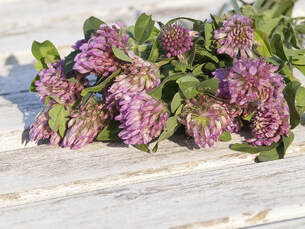
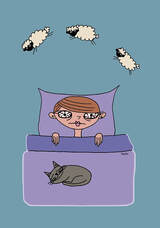

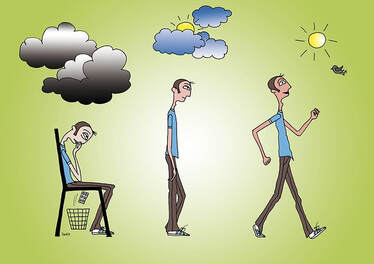
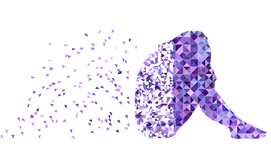
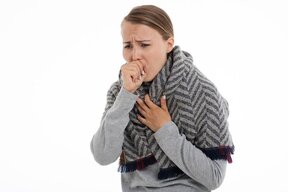
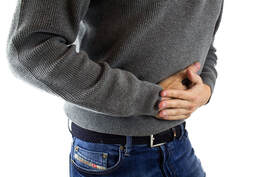
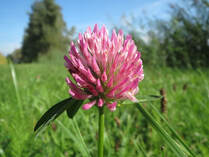

 RSS Feed
RSS Feed
